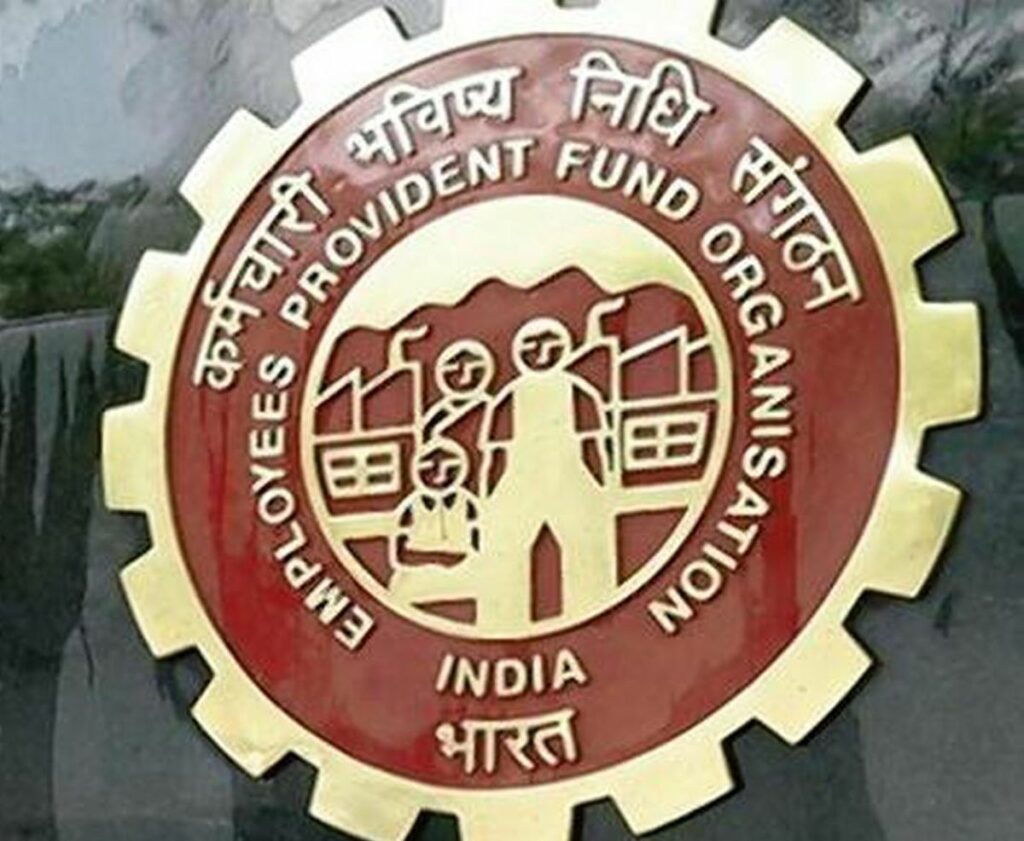![]()
The Employee Provident Fund Organisation has added 13.95 lakh net members in November last year, witnessing a 12.6% month-on-month decline as against 15. 29 lakh net members in October last year, according to the latest data by the ministry of labour and employment.
Moreover, the fresh formal job creation also hit a 30-month low in November, as per the latest data. In November, approximately 7.86 lakh new members were added to the EPFO, witnessing a 10% month-on-month decline as against 8.16 lakh new members in October, the data reveals.
Payroll data shows approximately 10.67 lakh members exited but rejoined EPFO in November. This is lower than the 11.10 lakh members who exited and rejoined in October.
“These members switched their jobs and re-joined the establishments covered under the ambit of EPFO and opted to transfer their accumulations instead of applying for final settlement thus, extending their social security protection,” says the ministry.
Amongst fresh joiners, the age group 18-25 years constituted 57.30% (majority) of total new members during the month under review. Moreover, out of the total 7.36 lakh new members added during the month, around 1.94 lakh are new female members, joining EPFO for the first time. Also, the net female member addition during the month stood at around 2.80 lakh. The percentage of net female members out of net subscriber addition stood at 20.05%, which is the highest since September 2023, showing a growing participation of female employees in the organised sector workforce.
Among states, Maharashtra, Tamil Nadu, Karnataka, Haryana and Delhi constituted around 58.81% of net member addition, adding 8.20 lakh members during the month. Maharashtra added 21.06% of members during the month.
Among industries, around 41.94% of additions were witnessed in expert services such as manpower suppliers, normal contractors, security services, and miscellaneous activities amongst others. Establishments engaged in agriculture farms, coffee plantations, sugar, rubber plantations, and tiles, also witnessed significant growth.
The Employee’s Pension Scheme (EPS) was introduced in 1995. The scheme, administered by the EPFO, provides employees with a pension after they reach the age of 58. Both the employee and the employer contribute 12% of the employee’s basic salary and Dearness Allowance (DA) to the EPF. While the employee’s entire part goes to EPF, the employer’s contribution goes to EPS at a rate of 8.33%.
In March last year, the Central Board of Trustees (CBT) of the Employees Provident Fund suggested an 8.15% interest rate on EPF accumulations in members’ accounts for the financial year 2022-23. Last year, the EPFO slashed the interest on EPF to over a four-decade low of 8.1% from 8.5% in 2020-21.
How useful was this post?
- Share review with rating here: Google Review
We are providing practical training (Labor Laws, Payroll, Salary Structure, PF-ESI Challan) and Labor Codes, Payroll Consultant Service & more:
- HR Generalist Practical Training + Certificate
- Labor Law + Payroll Practical Training + Certificate
- HR Analytics Practical Training + Certificate
- Labor Code, 2020 (Crash Course) + Certificate
- Advance Excel Practical Training + Certificate
- Disciplinary Proceeding & Domestic Enquiry – Practical Training + Certificate
- PoSH Act, 2013 (Sexual Harassment Of Women At Workplace & Vishaka Guidelines) – Practical Training + Certificate
- Compensation & Benefits – Practical Training + Certificate
- Industrial Relations – Practical Training + Certificate
- Labour Code (2019 & 2020) With Latest Updates | Labour Bill (Labour-Law-Practical-Training)
- PF – ESI Consultant Service
- Labor Law Consultant | Compliance Management | HR & Payroll Outsourcing
Get Latest HR, IR, Labor Law Updates, Case Studies & Regular Updates: (Join us on Social Media)
- Telegram Channel: The One Clik
- Whatsapp Group: https://wa.me/919033016939
- Facebook: The One Clik
- Linkedin: The One Clik
- Instagram: The One Clik
- YouTube: The One Clik
Disclaimer: All the information on this website/blog/post is published in good faith, fair use & for general informational purposes only and is not intended to constitute legal advice.

